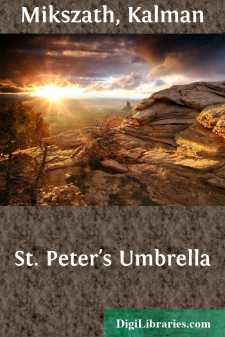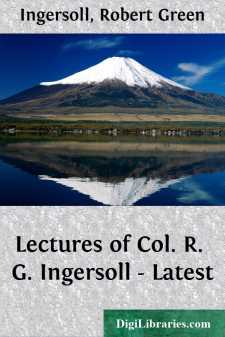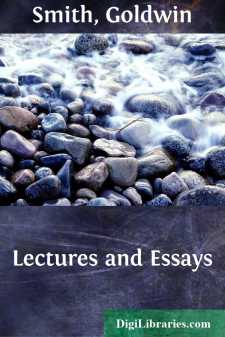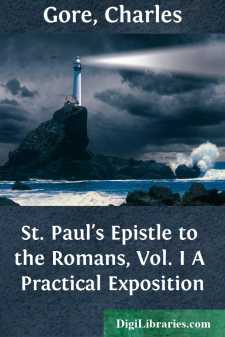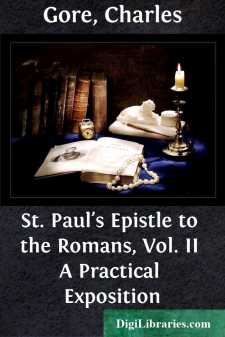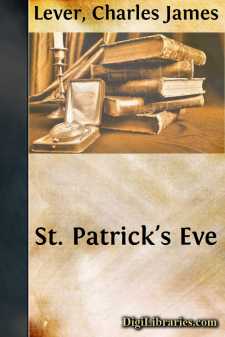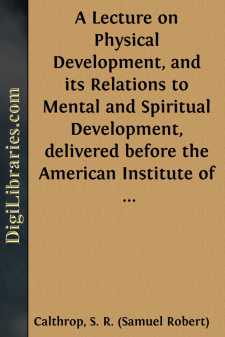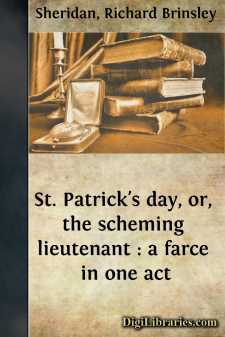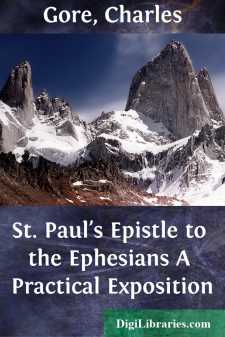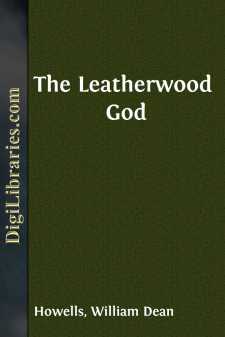Fiction
- Action & Adventure 180
- Biographical 15
- Christian 59
- Classics
- Coming of Age 5
- Contemporary Women 3
- Erotica 8
- Espionage/Intrigue 12
- Fairy Tales, Folklore & Mythology 236
- Family Life 169
- Fantasy 117
- Gay 1
- General 596
- Ghost 32
- Historical 808
- Horror 43
- Humorous 160
- Jewish 25
- Legal 4
- Medical 22
- Mystery & Detective 315
- Political 49
- Psychological 41
- Religious 64
- Romance 159
- Sagas 11
- Science Fiction 730
- Sea Stories 113
- Short Stories (single author) 537
- Sports 10
- Suspense 1
- Technological 8
- Thrillers 2
- Urban Life 31
- Visionary & Metaphysical 1
- War & Military 173
- Westerns 199
Classics Books
Sort by:
by:
Kalman Mikszath
INTRODUCTION Kálmán Mikszáth, perhaps the most purely national, certainly, after Jókai, the most popular of all the Magyar novelists, was born at Szklabonya, in the county of Nográd, on January 16th, 1849. Educated at Rimaszombáth and Pest, he adopted the legal profession, and settled down as a magistrate in his native county, where his family had for generations lived the placid, patriarchal...
more...
Ladies and Gentlemen:—It so happened that the first speech—the very first public speech I ever made—took occasion to defend the memory of Thomas Paine. I did it because I had read a little something of the history of my country. I did it because I felt indebted to him for the liberty I then enjoyed—and whatever religion may be true, ingratitude is the blackest of crimes. And whether there is...
more...
by:
Goldwin Smith
THE GREATNESS OF THE ROMANS Rome was great in arms, in government, in law. This combination was the talisman of her august fortunes. But the three things, though blended in her, are distinct from each other, and the political analyst is called upon to give a separate account of each. By what agency was this State, out of all the States of Italy, out of all the States of the world, elected to a triple...
more...
by:
Charles Gore
Introduction. i. St. Paul's great Epistle to the Romans was written, as may be quite confidently asserted, from Corinth, during the second visit to Greece recorded in the Acts[], i.e. in the beginning of the year commonly reckoned 58, but perhaps more correctly 56 A.D.—the year following the writing of the Epistles to the Corinthians. The reasons for this confident statement, and indeed for all...
more...
by:
Charles Gore
St. Paul has concluded his great exposition of the meaning of 'the gospel': that in it is the disclosure of a divine righteousness into which all mankind—Jews and Gentiles on the same level of need and sin—are to be freely admitted by simply believing in Jesus. The believer in Jesus first welcomes the absolute and unmerited forgiveness of his sins, which his redeemer has won for him, and...
more...
FIRST ERA. IT was on the 16th of March, the eve of St. Patrick, not quite twenty years ago, that a little village on the bank of Lough Corrib was celebrating in its annual fair "the holy times," devoting one day to every species of enjoyment and pleasure, and on the next, by practising prayers and penance of various kinds, as it were to prepare their minds to resume their worldly duties in a...
more...
LECTURE. Mr. President, Ladies and Gentlemen:— We have met together to consider the best methods of Educating, that is, drawing out, or developing the Human Nature common to all of us. Truly a subject not easy to be exhausted. For we all of us feel that the Human Nature,—out of whose bosom has flowed all history, all science, all poetry, all art, all life in short,—contains within itself far more...
more...
ACT I. SCENE I.—LIEUTENANT O'CONNOR's Lodgings. Enter SERJEANT TROUNCE, CORPORAL FLINT, and four SOLDIERS. 1 Sol. I say you are wrong; we should all speak together, each for himself, and all at once, that we may be heard the better. 2 Sol. Right, Jack, we'll argue in platoons. 3 Sol. Ay, ay, let him have our grievances in a volley, and if we be to have a spokesman, there's the...
more...
by:
Charles Gore
Introduction. i. Introduction There are two great rivers of Europe which, in their course, offer a not uninstructive analogy to the Church of God. The Rhine and the Rhone both take their rise from mountain glaciers, and for the first hundred or hundred and fifty miles from their sources they run turbid as glacier streams always are, and for the most part turbulent as mountain torrents. Then they enter...
more...
THE LEATHERWOOD GOD Already, in the third decade of the nineteenth century, the settlers in the valley of Leatherwood Creek had opened the primeval forest to their fields of corn and tobacco on the fertile slopes and rich bottom-lands. The stream had its name from the bush growing on its banks, which with its tough and pliable bark served many uses of leather among the pioneers; they made parts of...
more...


